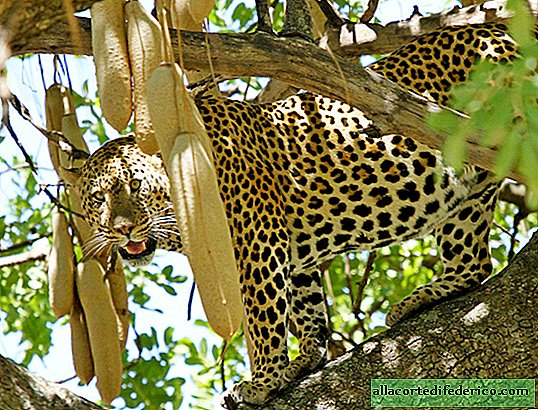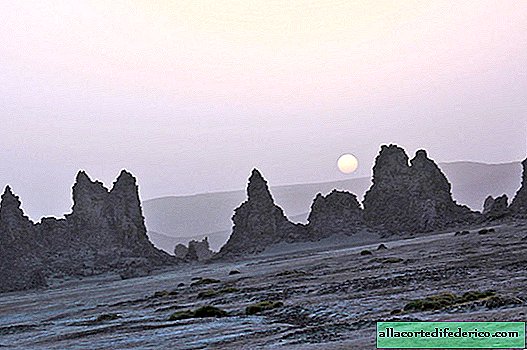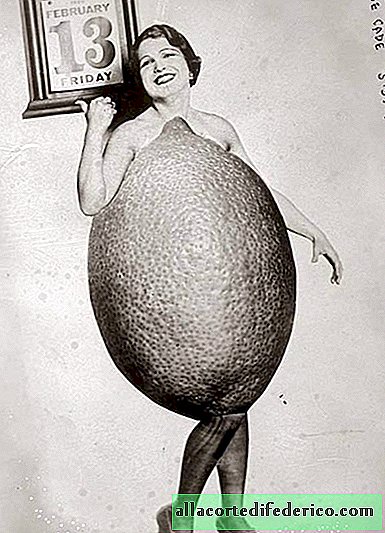Sausage tree: is it possible to eat delicious-looking fruits
This plant with delicious sausage fruits hanging from branches grows only on the African continent. European travelers, struck by the resemblance of fruits to meat sausages, called the plant "sausage tree." Despite the fact that this plant is not used in food, it has many valuable properties.

The botanical name of the plant is African Kigelia. In the wild, it is found in southeastern Africa and on the neighboring island of Madagascar. Most often, kigelia is a freestanding tree, which reaches a height of 12-15 meters and has a wide, spreading crown. This is in many ways an unusual tree. So, for example, its flowers, having a bright red color and a disgusting smell, blossom late in the evening and by the morning they already fall. Flowers with such a peculiar smell will not appeal to everyone. But kigelia still has fans pollinating it. These are bats that are attracted to the original fragrance.

Smelling flowers and specific pollinators are far from all the features of kigelia. It turns out that its fruits, reaching a length of 60 centimeters, not only have nothing to do with meat sausages, but are generally poisonous. Bitter-tasting fruits are not eaten raw, as this will inevitably lead to poisoning. But in the dried form, African residents add them to some dishes. In addition, a low-alcohol drink is made from the fruits of sausage tree.

Local residents hang the fruits of kigelia over the entrance to the dwelling, as they are considered sacred and guarantee protection from evil spirits. Due to its anti-inflammatory properties, sausage fruits are part of African potions used for snake bites and for healing wounds.

But the greatest recognition kigelia achieved in cosmetology. It is part of numerous skin care products that have a rejuvenating effect. Due to the kigelin protein contained in it, preparations with its presence contribute to the production of collagen, elastin and hyaluronic acid.


















